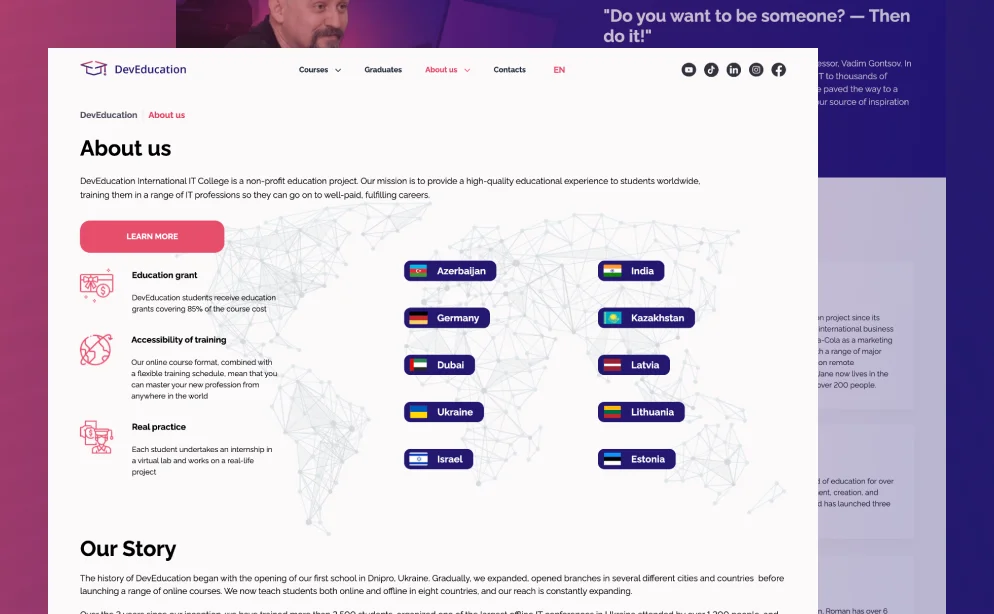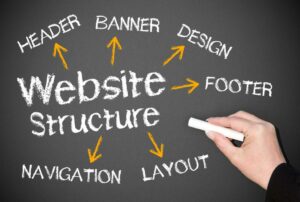They make operations more efficient by centralizing and standardizing access to all company systems. Customer Relationship Management systems support your company’s interactions and relationships with customers. With customer data and information stored in one place, sales communication, customer service, and relationship management are more effective.
One example is inventory management because keeping too much or too little inventory can directly impact the bottom line of a company. Lowering the costs of doing business is vital in knowing how enterprise systems impact a business. Information Technology has been one of the most important resources for managing and sustaining organizations in the 21st century. It affects every facet of a modern company, ranging from customer service to operations, social media, and security. Over time, technology has created new jobs such as mobile apps, social media, and software architects.
ClickUp: Best for task tracking and management
One of the most significant advantages is enhanced productivity and efficiency due to streamlined processes. With enterprise systems, data management becomes more efficient as all information is integrated into one system, eliminating inconsistencies in data entry across different departments. Thanks to strategic email planning, they reach out to leads, communicate with customers and promote products. Email marketing software offers data interpretation option based on results from surveys, interviews, contact forms and comprehensive website activity analysis. It helps managers better understand how efficient their work is, and adjust it accordingly.

Companies are searching for ways to develop their market processes to run efficiently. Enterprise systems are large-scale software packages which can monitor and manage all of a company’s complex operations. Such systems are used as a unified command center to simplify the business and facilitate control and decision-making.
What Is Enterprise Resource Planning (ERP)?
ERP systems can usually incorporate customer relationship and supply chain management systems in their modules. In a business environment, computers are usually connected in a network through one or more powerful computers called servers. The server may be located in your office, or it may be somewhere else, which you access over the internet. Applications that are located on the server, which everyone in the company can use at the same time are called enterprise software. A company can use enterprise software to do things like track inventory, manage sales and payments and store customer information and employee records.
The study is done keeping in view the changes in aspects such as demand, consumption, transference, consumer behaviour, supply chain management, export and import, and production. The industry experts have also highlighted the key factors that will help create opportunities for players and stabilize the overall industry in the years to come. Choosing the best project management software for Windows involves identifying your needs and requirements. Start by identifying the size of your team and your budget for project management software.
Subscribe to the Project Management Insider Newsletter
The work of both units is aligned since all information (for sales and marketing teams) is stored in one place. Organizations use CRM for gathering details of their clientele, decrease the time employees spend on routine tasks, grow their businesses. Customer Relationship Management (CRM) plays an essential role in company management. CRM is mainly focused on data processing, interaction with buyers, improvement of marketers’ job.
- We then acquired user reviews, compared features and weighed the pros and cons of each software.
- The SCM system includes such modules as procurement (or purchasing), inventory management, warehousing (WMS), and transportation (TMS).
- PandaDoc’s document management system offers additional perks and functionalities such as automation and seamless integration with CRM, ERP, and ECM systems.
- Enterprise systems are usually technological ecosystems that incorporate a variety of applications, protocols, and formats.
- Any details about your customers can be entered into the CRM system, which is made available to anyone else in your business.
- They make operations more efficient by centralizing and standardizing access to all company systems.
It allows users to keep their projects organized and on track, as well as perform reports and analytics. Using an Enterprise Resource Planning (ERP) system can significantly benefit businesses looking to streamline their experience with customer service. ERPs enable companies to automate their customer service processes, ensuring that each employee provides a consistent experience for customers. Automation frees time, which can then respond to consumer requests for product details and new product forecasting. When workers spend less time monitoring a customer’s order, they may spend more time building long-lasting, prosperous relationships with customers. Generally, packages include finance, human resource, logistics and manufacturing, supply chain management, and customer relationship management.
Solutions architect and its role for IT-business alignment
One common approach is to use an Agile methodology, which involves breaking down the implementation into smaller sprints or phases. Facilitates data-driven decision-making by providing comprehensive insights and analytics. Enables more effective cross-selling and up-selling by providing insights into customer needs and preferences. To see our product designed specifically for your country, please visit the United States site. Employing change management principles throughout the ERP life cycle can prevent or reduce failures that compromise full implementation.

Data is distributed among individual legacy systems, with specific functions and regions. Companies start with one service and expand, which makes the above true for almost any mature organization. From acquiring raw components to distributing the product to the consumer, SCMs are on point. Bottlenecks are inherent to logistical computing systems, and SCMs provide unprecedented levels of control and predictability.
ERP Modules and Their Features
The collaborative features, which include real-time updates and commenting, allow for seamless communication on any project. With its highly adaptable nature, Notion can be a useful tool for project managers who work with multiple teams. The following overview provides insights on some of the best project management software for Windows currently available. Our estimates and forward-looking statements are mainly based on our current expectations and estimates of future events and trends, which affect or may affect our business and operations. These statements may include words such as « may, » « will, » « should, » « believe, » « expect, » « anticipate, » « intend, » « plan, » « estimate » or similar expressions. Although we believe that these estimates and forward-looking statements are based upon reasonable assumptions, they are subject to several risks and uncertainties and are made based on information currently available to us.

One of the most important aspects of improving the customer experience is having data stored in a way that can be easily analyzed. As the saying goes, “what gets measured, gets managed,” and the same what are enterprise systems in business applies for business data. Some examples of data that should be stored include customer order history, when and where they made those orders, and how long it took for those orders to be processed.
Who Is an Enterprise Management System Designed For?
Initially, ERP software was designed for automating a firm’s internal ‘back-office business processes, but now, it can also communicate with customers, suppliers, and other business partners. Selecting the right enterprise software can improve productivity, decrease costs, increase sales and make management decisions much more efficient. CSM software revolves around the resources and logistics required to get products out to your customers. Properly optimized, a CSM system could automatically place orders with suppliers before raw materials are needed, as well as track the efficiency of each department when it’s being manufactured.
